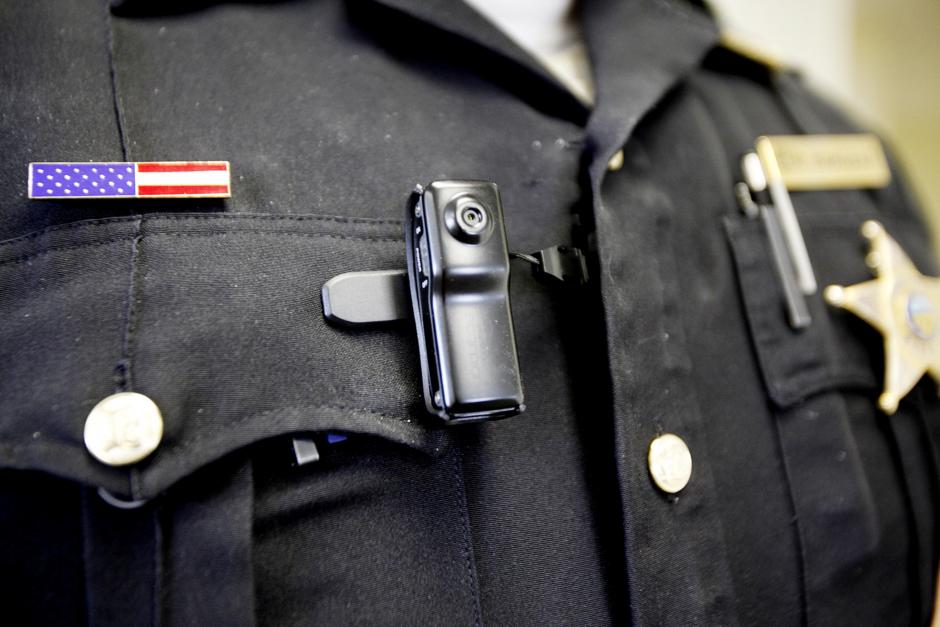The Baltimore City Council approved a measure that would require all police officers to wear body cameras while on duty, but don’t expect to see the cameras in action anytime soon.
That’s because Mayor Stephanie Rawlings-Blake said shortly after City Council’s Monday night hearing that she will veto the two-page bill.
In simple language, the bill requires that all Baltimore city cops “be personally equipped with a digital audio-and-video portable recording device.” No further technical specifications or stipulations are spelled out, but the legislation requires the camera program to be phased in over one year.
The mayor’s move comes as no surprise to those who follow City Hall politics. She already telegraphed a veto threat, and the city’s solicitor called the bill illegal.
But Rawlings-Blake is hoping one message doesn’t get lost in the headlines: She still wants body cameras.
I plan to veto Council’s #BodyCameras bill…Doesn’t mean I’m against cameras. We WILL have them on @BaltimorePolice & we’ll do it right!
— Mayor Rawlings-Blake (@MayorSRB) November 10, 2014
//platform.twitter.com/widgets.js
Rawlings-Blake wants to appoint a working group to study the legislation further. City Solicitor George Nilson has also argued that the bill violates a provision of the city charter that makes it illegal for Council to give direct orders to the police department.
With more and more police departments across the country beginning to use them, body cameras have been talked about in Baltimore for more than a year. But the move to film officers gained new urgency after the shooting of Michael Brown in Ferguson, Mo., and a Baltimore Sun report that shined a light on millions of dollars the city has paid to settle police brutality lawsuits out of court.
In September, Baltimore police investigated two police brutality cases in a two-week span. In one case, Officer Vincent Cosom repeatedly punched a man in the face at a bus stop. The incident was caught on a Citiwatch camera and Cosom was later charged. In another case, a group of five officers were seen on camera beating and tasing a man outside a Greenmount Avenue bar. While videos of both incidents came to light on cellphone and city-owned crime cameras, police-worn body cameras would likely have produced better footage.
Tara Richards, an assistant professor at the University of Baltimore School of Criminal Justice, said a body camera program “provides the opportunity for transparency in officer-citizen interactions and gathers valuable information that can be used to protect both parties in cases of potential wrongdoing.”
Join the conversation!
Find news, events, jobs and people who share your interests on Technical.ly's open community Slack

Baltimore daily roundup: An HBCU innovation champion's journey; Sen. Sanders visits Morgan State; Humane Ai review debate

Baltimore daily roundup: Medtech made in Baltimore; Sen. Sanders visits Morgan State; Humane Ai review debate

Baltimore daily roundup: The city's new esports lab; a conference in Wilmington; GBC reports $4B of economic activity


